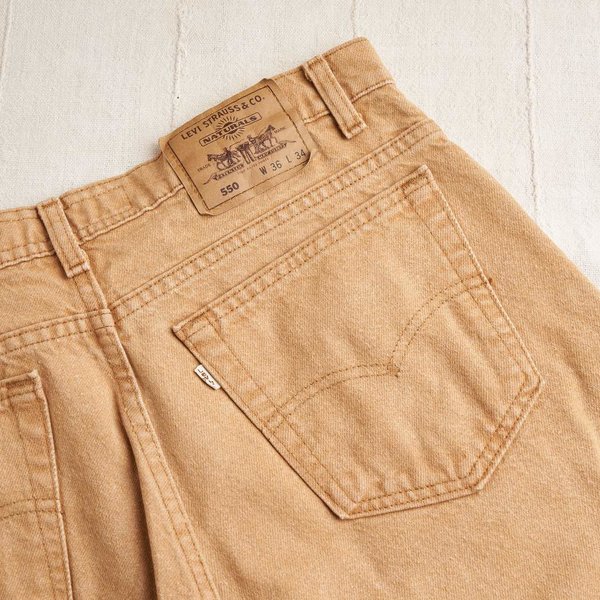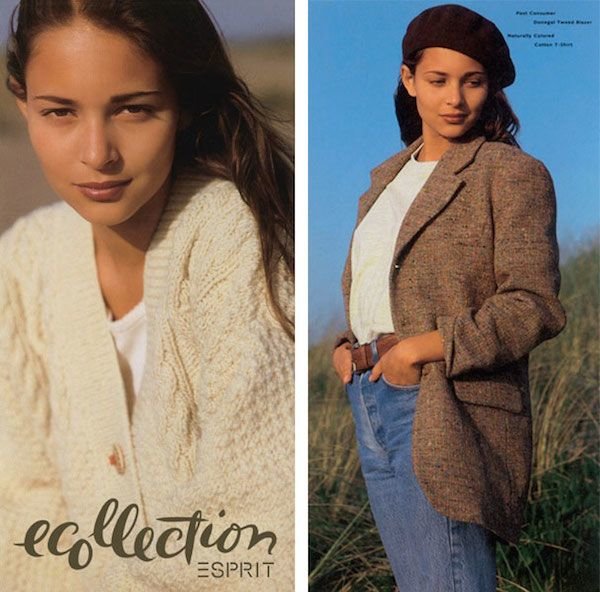Bromley
Distinguished Member
- Joined
- Sep 29, 2015
- Messages
- 1,046
- Reaction score
- 2,321
Hi, Don's Style, welcome to this weird place. I know Stoffa makes an effort toward sustainability. It does seem true that there aren't as many classic menswear brands doing "sustainability" stuff as casual/outdoor brands. If environmental concerns are your top priority, buying vintage/used as much as possible is probably your best bet. If you find any classic menswear-oriented brands out there doing really great things in the direction of sustainability, please share.What's up styleforum?! I'm a new member and happy to have found this space.
I'm a classic menswear type of guy (don't love chasing trends), but always love good essentials. I'm really interested in finding menswear brands that build sustainability into the foundation of their brand and trying to make this world a better place. Anyone found good brands for this? Most of the brands that I see that are working hard towards sustainability tend to be outdoor or surf brands.
I've seen Taylor Stitch, and think they do good work in sustainability, but their aesthetic is a bit "mariner" for me. Any recommendations?
Also, I think the big "sustainability" stumbling block for classic menswear is cloth. Casual clothes, outdoor gear, etc. are better suited to unusual cloths, whereas classic menswear is not. The more "sustainable" cloths tend to be outside the realm of CM-- recycled poly, hemp, anything natural-dyed or undyed. Even with local, small-scale production, CM will tend to require higher-impact cloths.
A note about Goodwill-- I don't know how much they incinerate vs. recycle, but I know they end up supplying much of the material that goes into recycled fiber home insulation. That's not much, but it's something.
Last edited:










